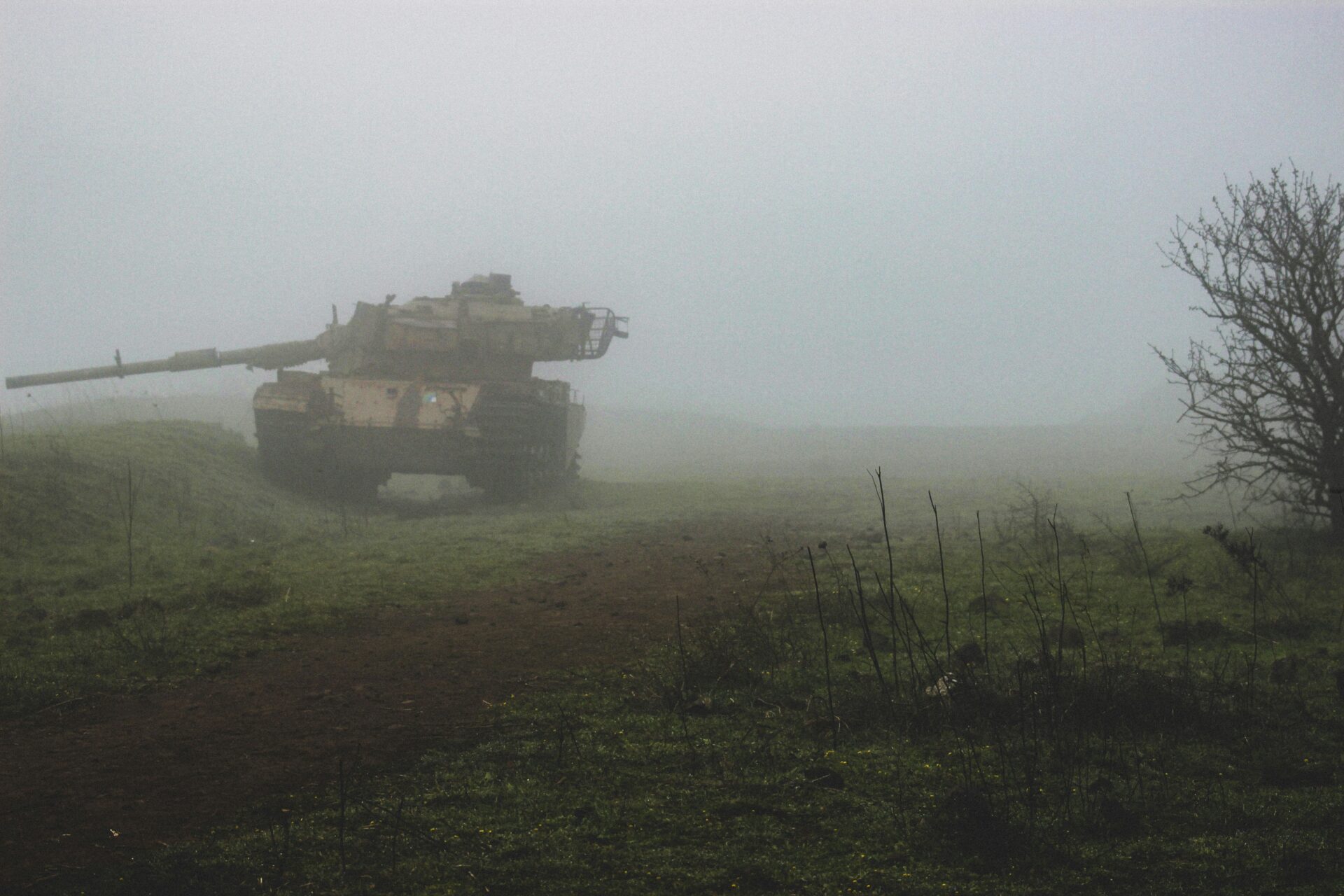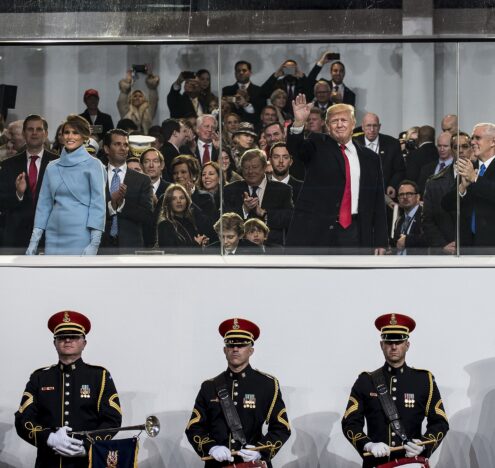In the early hours of Dec. 24, 2023, Nabila Meqdad’s reality shattered as Israeli forces encircled the Sheikh Radwan school in Gaza City, transforming the makeshift United Nations shelter into a place of fear and uncertainty. At 39, Nabila, like many others, sought refuge from the escalating violence only to find herself amid an unimaginable ordeal. She spent 47 days in Israeli detention.
UN experts have raised alarms over “credible allegations” suggesting that Palestinian women and girls have endured widespread human rights abuses, including sexual assault and rape, during their time in Israeli detention. These revelations have prompted urgent calls for a comprehensive investigation.
The panel of experts, deeply troubled by the findings, disclosed evidence of at least two rape incidents, along with multiple instances of sexual humiliation and explicit threats of sexual violence. Reem Alsalem, the UN special rapporteur on violence against women and girls, voiced concerns that the actual scale of sexual violence within these detention facilities might be substantially greater than what has been reported.
“No Sanctuary”
The steadiness of Nabila’s voice occasionally gave way to glimpses of the trauma she endured. “The forces started a house-to-house operation,” she recalled. A sniper took position on a nearby rooftop as an Israeli bulldozer tore through the school’s walls, she explained, and soldiers ordered everyone to gather in the yard. Soldiers forced men to strip to their underwear, an act of humiliation that children, women, families, and neighbors witnessed.
Nabila’s account of those moments took a darker turn when she recounted soldiers making people get into a massive, bulldozed hole in the ground. She feared the soldiers would kill them where they stood. “It was terrifying to imagine they wanted to execute us and bury us there,” she said. Instead, it was a precursor to further body searches while armed soldiers watched on.
Israeli forces took the women, including Nabila, to a nearby mosque. There, female Israeli soldiers strip-searched the detainees. “They fully strip-searched us,” she said. “Screams, curses, and beatings were used to intimidate us. I was forced to remain fully naked despite the cold weather. Other female prisoners were only provided praying clothes, which they wore on their underwear in freezing weather.”
Following the search, the soldiers separated individuals they deemed needed for interrogation from the rest of their family members — marking the beginning of Nabila’s prolonged detention. Nabila, who explained that she had done nothing, added through tears: “He cursed at me with shameful language and accused me of being a wh*re for Hamas.”
Soaring Detentions
On Oct. 7, Hamas-led militants carried out a series of cross-border attacks into Israel. Israel launched a full-scale war on Gaza, thus far killing more than 32,000 people. Before the latest conflict erupted, the number of Palestinians in Israeli jails was around 5,500.
By January 2024, this number had soared to approximately 9,000. This tally marks a dramatic increase and includes dozens of minors and women.
The narratives emerging from the detention centers — forced disappearances, torture, and severe violations of human rights, especially concerning health — paint a grim portrait of the practices and policies Israeli security bodies deploy on Palestinians in custody. These actions, far from isolated incidents, have become ingrained in the fabric of what Palestinians experience in Israeli detention.
Separated
According to Nabila, physical abuse shadowed her at every turn throughout her detention. In a moment that would haunt her forever, Nabila’s 13-year-old daughter, Menna, was instructed to take her four-year-old brother, Adam, and step away while Israeli forces inspected their mother.
This separation marked the beginning of Nabila’s harrowing descent into a cycle of detention defined by violence and disregard. “They pushed me and hit me twice on the back of my head,” she recounted.
They pushed me and hit me twice on the back of my head.
– Nabila Meqdad
Nabila, along with six other women and seven men, found herself crammed into a military jeep. The vehicle rumbled towards the Zikim area, a name that would soon signify a bleak chapter of her life. It was there, within the cold, unforgiving walls of a temporary detention center, that her story intertwined with those of her fellow prisoners, each carrying their own tales of despair and endurance.
Nabila and other female prisoners shared similarly haunting experiences of repeated strip searches. The Israeli soldiers forced the women to spend hours on their knees before facing interrogation. The process, she said, stripped them of their dignity as much as their clothing.
“Humiliation”
After enduring six grueling hours at the initial detention in Zikim, Nabila found herself on a precarious journey to Anatot detention center. Blindfolds, handcuffs, and chains constricted her sight and movement. “We were blindfolded and handcuffed to the back, and chains were tied to our feet most of the time,” she said.
Next to her, another detainee took off her blindfold and glimpsed the mass transfer of prisoners — a convoy of about 12 Israeli trucks, each carrying Palestinians whom Israeli forces had rounded up.
Nabila’s arrival at Anatot brought its own horrors, she recounted. Nabila was forcibly pushed from the truck. The impact of the fall left her face bloodied, her eye and forehead bruised and swelling. She requested medical attention, but for hours, the soldiers ignored her pleas. Hours later, she was taken for a medical check. “They only gave me a painkiller,” she said.
In the same detention facility, the female prisoner who requested anonymity faced a different kind of rights violation, an attack on her very identity. Soldiers forced the woman into a medical room and ordered her to kiss an Israeli flag. “The soldier grabbed my hair, asking me to kiss the flag and praise Israel,” the woman said.
She refused to do so, she explained, and the soldier pushed her face against the wall.
“Eat, You Animals”
Nabila said one Israeli soldier subjected her and her fellow detainees to an especially demeaning act. The soldier threw their food on the floor and ordered, “Eat, you animals.”
The prisoners refused to comply, an act of quiet defiance. An Israeli military supervisor noticed and reprimanded the soldier, but the soldier escalated his cruelty in the coming nights, Nabila added.
During their eight-day stay at Anatot, they had no menstrual pads or personal hygiene products. Nabila said the women were reluctant to request such essential items from male guards. “They wanted us to ask from male soldiers,” she recalled.
During the long nights, death threats, blaring music, and curse words became commonplace, part of an effort targeting the detainees’ dignity.
“Really Don’t Know Anything”
Nabila and other detainees moved from one detention center to the next. They eventually found solace in Damon Prison. It was there, amid the echoes of shared struggles, that fellow female prisoners from the occupied West Bank greeted them with open arms. “They warmly welcomed us, provided us with clothes and hygiene products,” Nabila recalled.
In the warmth of this unexpected sanctuary, she discovered a semblance of family, a collective of souls bound as much by their unwavering support for one another as their dire circumstances. “I found a family that loved me and wanted to protect me at any cost,” she said.
Throughout the ensuing weeks, as Nabila and her fellow detainees navigated the uncertainty of their predicament, a remarkable transformation unfolded within her. With each transfer, each interrogation, she tapped into a wellspring of resilience she hadn’t known she possessed. “They seem to realize that I really don’t know anything,” she said, explaining that one interrogator even openly questioned the rationale for detaining her.
January waned, and rumors of release began to spread throughout the prison. The women felt a kindle of hope amid the desolation. The Israeli authorities eventually released Nabila, but the moment was bittersweet. They cast her adrift in Rafah, the southern Gaza city that borders Egypt — far from her loved ones in the northern part of the Strip. “When I heard about my release, I was thrilled,” she said. “But then I realized I’d sleep at night without knowing if my family is dead or alive.”




















